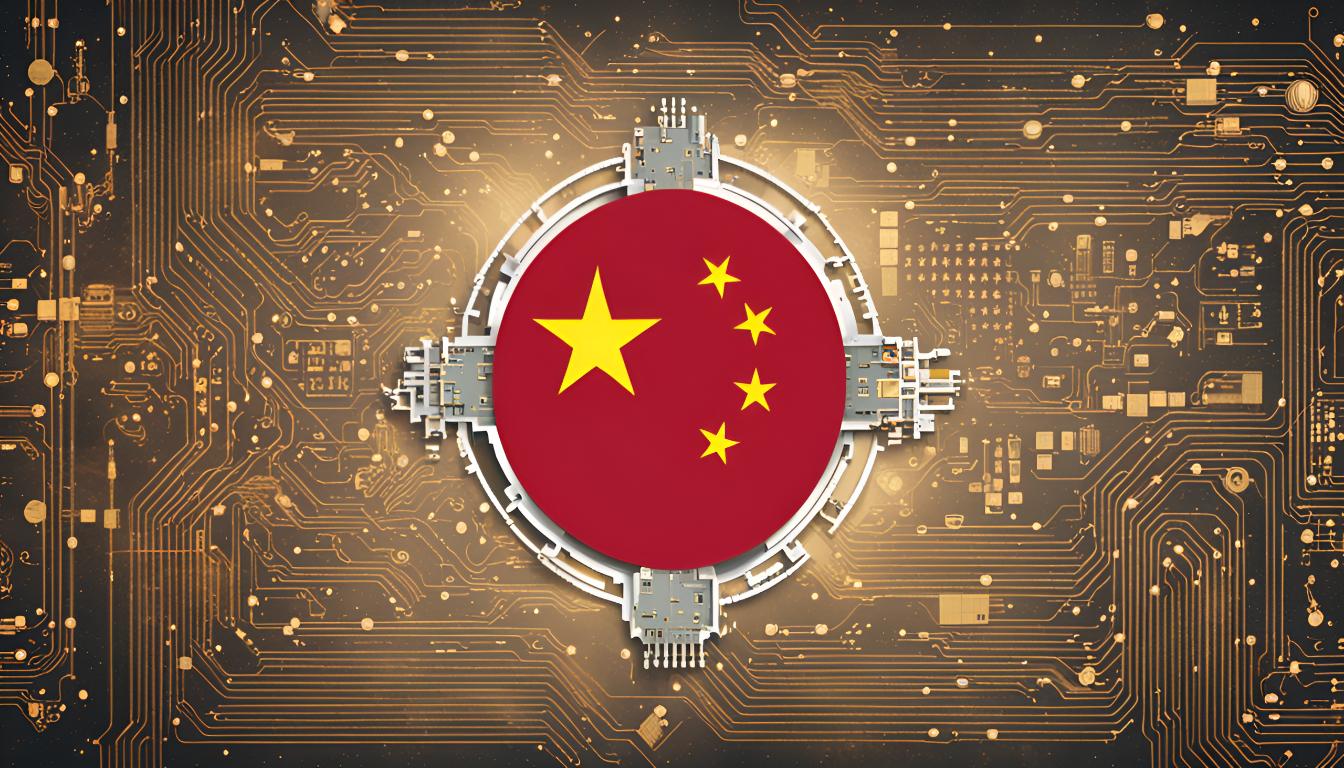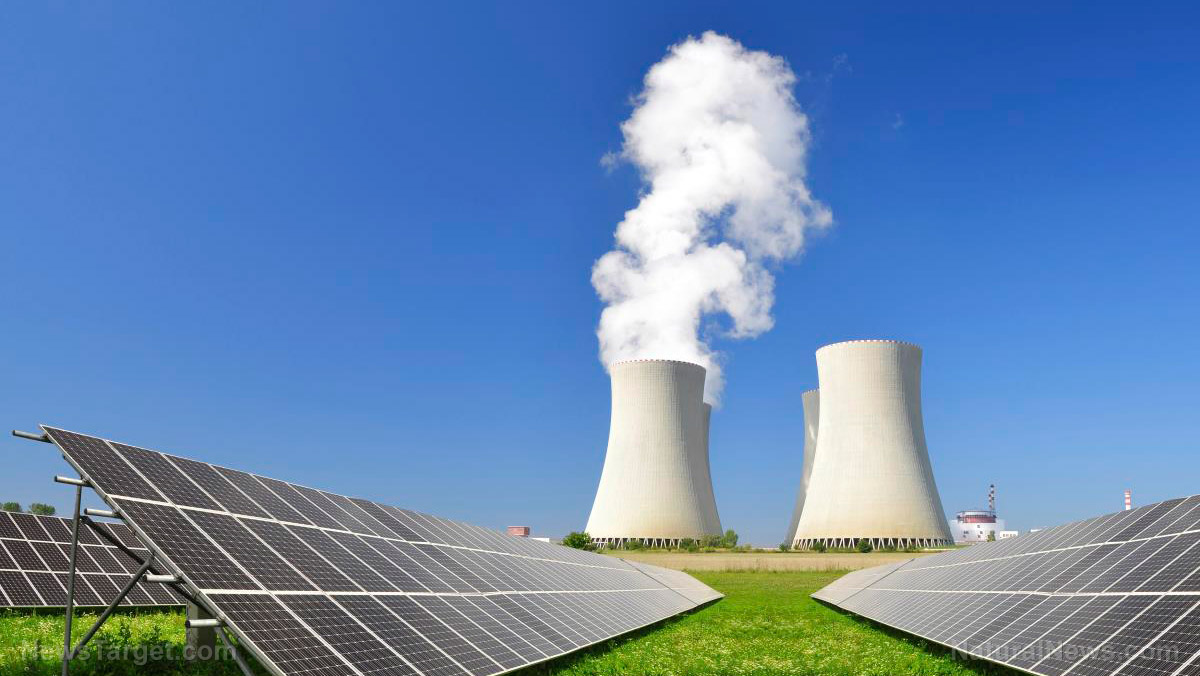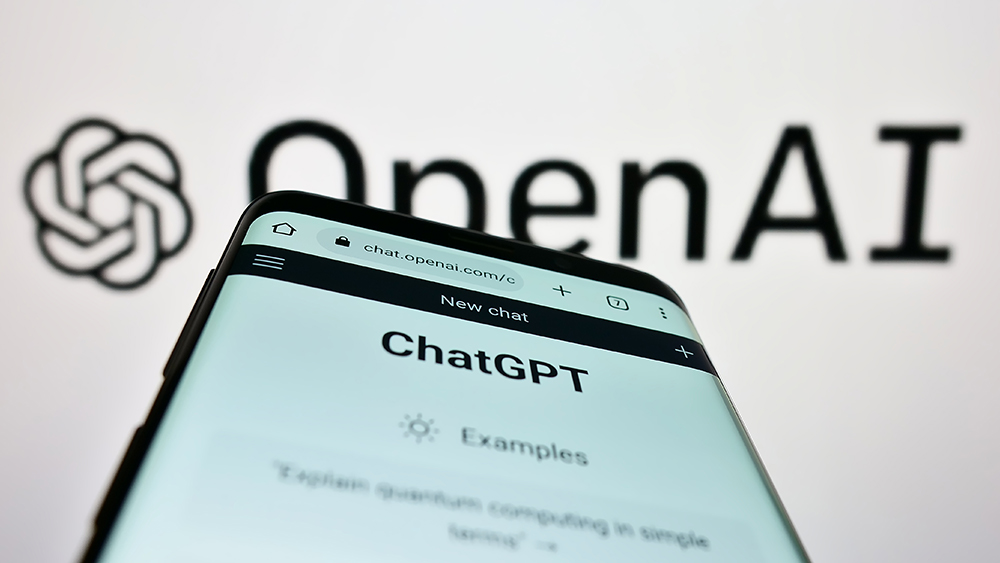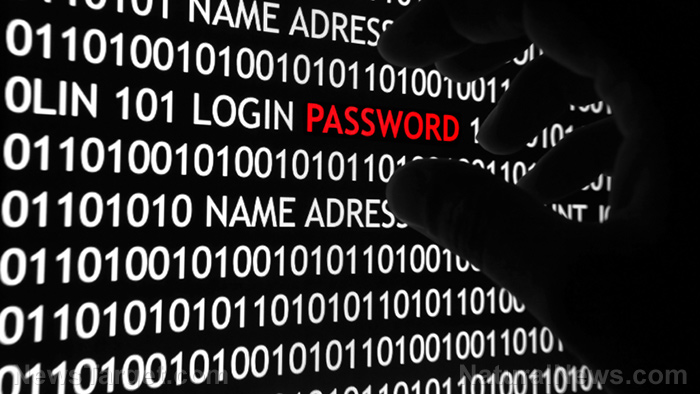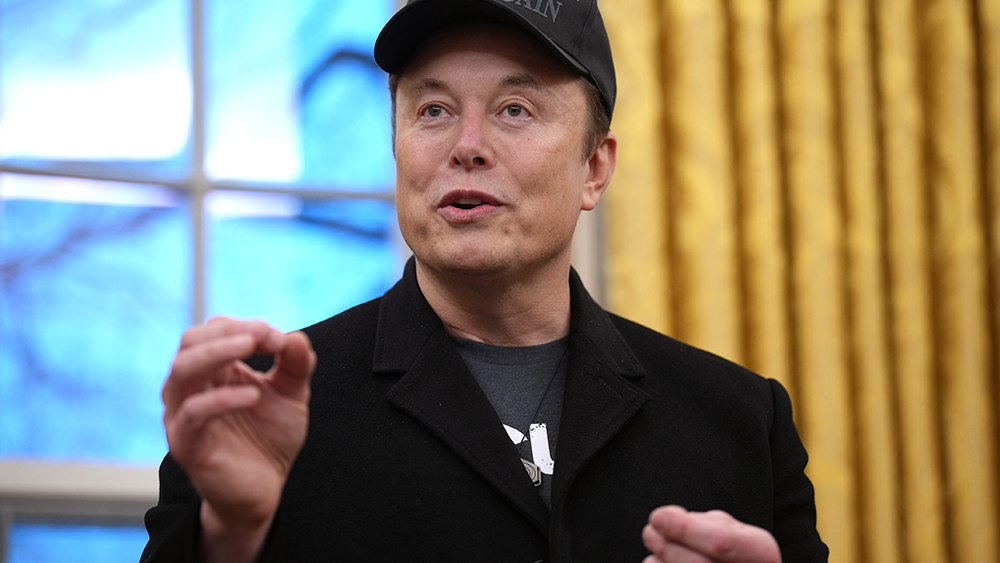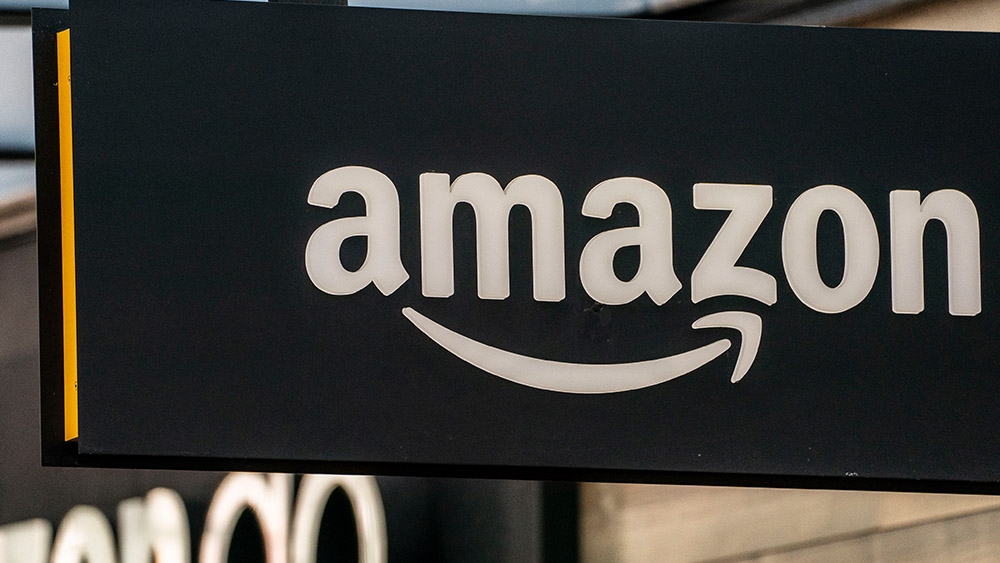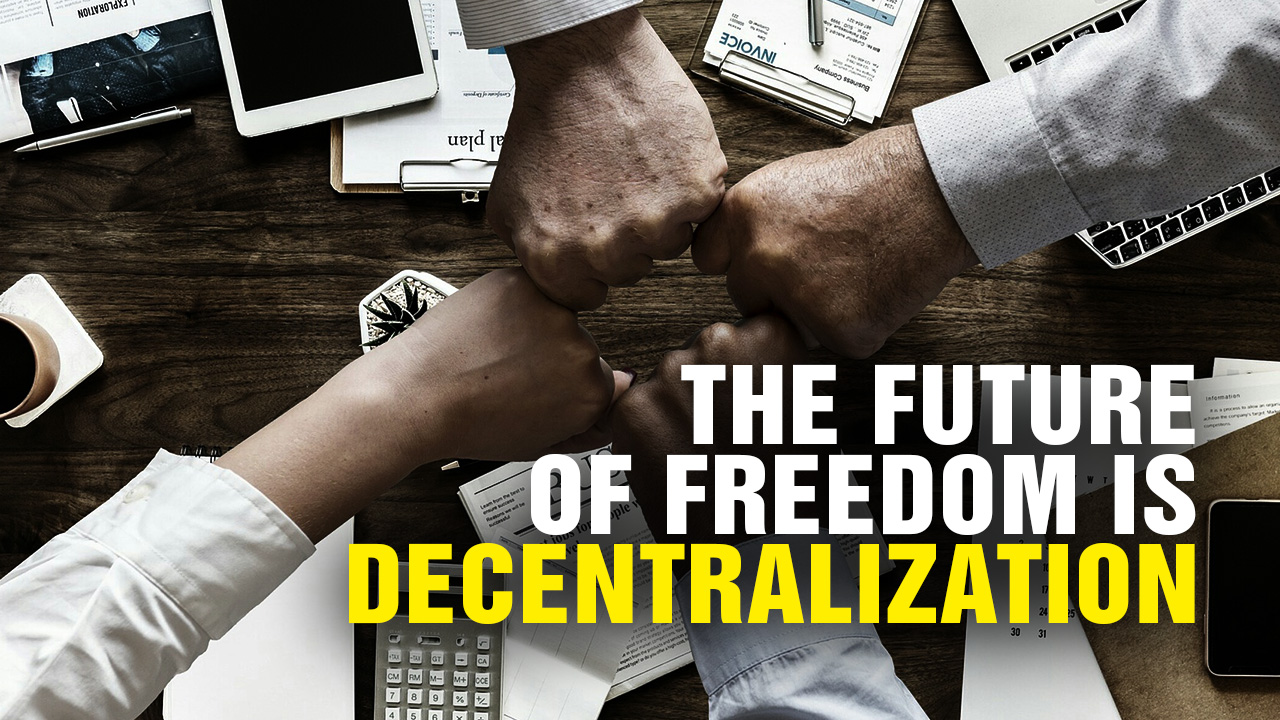TikTok’s U.S. future hangs in balance as Trump tips buyer details amid security fears
07/01/2025 / By Willow Tohi

- President Donald Trump granted TikTok another 90-day reprieve from a ban, citing progress in finding a U.S. buyer.
- Trump hinted at a buyer group, including unnamed investors, but Beijing’s cooperation is still required.
- Critics warn against Chinese ties, while supporters argue blocking the app violates free speech.
- Trump and Biden both reversed earlier stances, highlighting the partisan complexities.
- Younger users advocate for its cultural role, while national security hawks push for a divestment resolution.
TikTok’s future in the U.S. is on precarious ground as President Donald Trump’s administration tips toward a deal with an American buyer, even as national security hawks and legal battles threaten to unravel progress. With a September 17 deadline looming, Trump’s repeated extensions and signals of a “group of very wealthy people” poised to acquire TikTok signal a pivot toward compromise—even as critics argue time is running out to extricate the platform from Chinese influence.
The stakes are geopolitical, cultural and legal. TikTok’s parent company, China-based ByteDance, faces a law mandating its U.S. operations be sold to American owners or face a total shutdown. The Protecting Americans from Foreign Adversary Controlled Applications Act (PAFACA), signed in 2024 by then-President Joe Biden, triggered Supreme Court-validated enforcement after TikTok’s lawsuit failed to block it. Tensions have flared between advocates who see TikTok as an unhinged algorithm endangering youth and a free speech pillar for younger Americans.
Trump’s latest move—extending the deadline until mid-September while teasing a buyer—highlights his administration’s balancing act: avoiding a ban that critics like Sen. Tom Cotton (R-AR) warn risks aiding Chinese surveillance, but also prioritizing bipartisan fears about alienating TikTok’s youthful user base.
The buyer field: Tech giants, influencers and ideological bids compete
Trump’s noncommittal nod to an “American group” fuels speculation about who could emerge victorious. The most likely contenders:
- Unnamed investor consortium: A slate of tech firms, private equity groups and VCs previously agreed to buy TikTok’s U.S. operations while keeping Beijing’s stake below 20%. Sources name Oracle, Dell Technologies and Blackstone among potential players.
- Project Liberty’s “people’s bid”: A coalition led by angel investor Frank McCourt and “Shark Tank” star Kevin O’Leary vows to decouple TikTok from China’s tech stack, leveraging a U.S.-based AI system to control data and algorithms.
- MrBeast’s coalition: Social media star Jimmy Donaldson (MrBeast) and Employer.com’s Jesse Tinsley have submitted a bid, framing their push as a creator-driven alternative.
Oracle, currently TikTok’s U.S. infrastructure partner, looms large but faces skepticism from Republicans like Cotton, who argue it retains ties to ByteDance’s algorithmic control. “Any deal letting Beijing touch the app’s data is a violation of law,” argued Rep. John Moolenaar (R-MI), chair of the Select Committee on China.
The legal and geopolitical tightrope
Following the court’s January 2025 ruling upholding the TikTok ban, the Trump administration is tasked with executing a divestiture compliant not just with PAFACA, but also with national security oversight. The Center for Law and Strategic Studies notes the law mandates 100% extrication from Chinese influence—a hurdle given Beijing’s “golden share” provisions in ByteDance’s structure.
This has led to a diplomatic stalemate with China, as Trump’s White House seeks Beijing’s nod for a divestment deal. In April 2025, a near-closed deal unraveled after tariffs on Chinese imports disrupted talks, forcing Trump to grant a second extension—a move met with consternation from security hawks.
Meanwhile, the White House insists it will ensure “TikTok stays but privacy and security come first,” a stance echoed by Trump’s spokeswoman Karoline Leavitt. Yet, cracking China’s hold may require concessions: reports suggest Trump flirted with reducing U.S.-China tariffs to sweeten the deal, though final terms remain unclear.
On Capitol Hill, the debate mirrors generational divides. Sen. Rand Paul (R-KY), a libertarian voice, framed the ban as a “free speech attack,” while Sens. Cotton and Ricketts warn of a “grave national security threat.” The U.S. public is similarly polarized: polls show older Americans largely back a ban, while 65% of Gen Z users protest leaving the app.
Saving TikTok requires sacrifice—on both sides
TikTok’s fate hinges on a delicate alchemy of politics, technology and diplomacy. With Trump’s administration linking the deal to broader U.S.-China trade overtures, the September 17 deadline could mark a turning point—or a acrimonious breakdown. A successful sale must satisfy three demands: isolating TikTok from Beijing’s control, calming free speech anxieties and reshaping the platform within U.S. regulatory guardrails.
As candidates McCourt, Ellison or others vie to win over 170 million users, the overriding question remains: Can compromise between security and culture outpace political expediency? Grassroots users cling to TikTok as a cultural lifeline, while security analysts warn of its viral susceptibility to foreign manipulation. With time dwindling, the answer could redefine digital-age geopolitical boundaries.
Sources for this article include:
Submit a correction >>
Tagged Under:
Big Tech, China, computing, future tech, Glitch, information technology, national security, resist, suveillance, tech giants, Trump, White House
This article may contain statements that reflect the opinion of the author
RECENT NEWS & ARTICLES
COPYRIGHT © 2018 TECHGIANTS.NEWS
All content posted on this site is protected under Free Speech. TechGiants.news is not responsible for content written by contributing authors. The information on this site is provided for educational and entertainment purposes only. It is not intended as a substitute for professional advice of any kind. TechGiants.news assumes no responsibility for the use or misuse of this material. All trademarks, registered trademarks and service marks mentioned on this site are the property of their respective owners.


